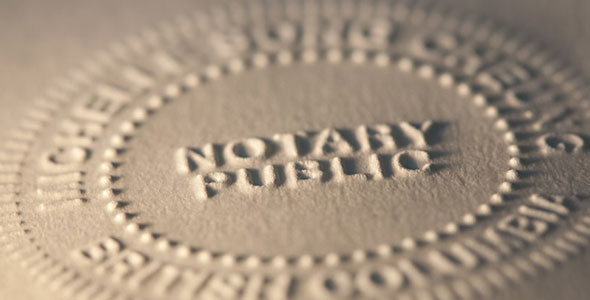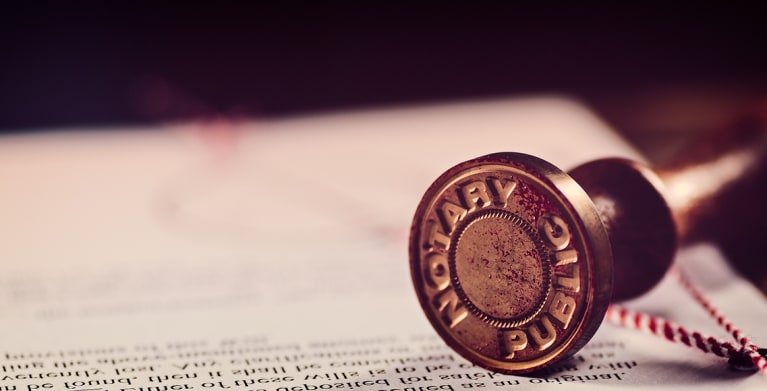Demystifying Notarial Work: Simplifying the Duty and Relevance of Notaries
In the complex internet of legal documentation and confirmation, notaries stand as columns of assurance and authenticity. Their function, typically shrouded in enigma for many, carries significant weight in guaranteeing the legitimacy and honesty of important records. As guardians of legitimacy and fact, notaries play a critical component in our society, yet their work is not constantly totally comprehended. By untangling the intricacies losing and bordering notarial techniques light on the importance of their acts, a clearer understanding arises of the crucial duty notaries play in promoting the textile of legal and contractual agreements.
The History of Notarial Work
The history of notarial work dates back to old worlds, where scribes played a critical function in videotaping essential details and confirming documents. This led to the advancement of notaries, people designated by the state to act as impartial witnesses in legal matters.
Throughout the Middle Ages, notaries obtained prominence in Europe, with their functions broadening to include drafting legal records, accrediting trademarks, and preserving records. The rise of global trade even more highlighted the value of notarial operate in verifying contracts and arrangements throughout borders.
In the contemporary age, notaries proceed to play a crucial duty in legal and service purchases by confirming identifications, validating the credibility of files, and protecting against fraud. Their function in licensing the legitimacy of arrangements includes a layer of security and count on to the ever-evolving landscape of commerce and law.

Duties and Responsibilities of Notaries
The historical advancement of notarial job from old people to the contemporary era has shaped the distinctive tasks and obligations that notaries support in legal and business purchases today. Notaries play an important role in verifying the authenticity of documents and the identification of signatures. One of their key duties is to witness the finalizing of crucial files, such as acts, contracts, and wills, to guarantee that all events are entering right into arrangements knowingly and voluntarily. Notaries also confirm that signatories are of audio mind and not under duress or coercion.
Additionally, notaries are charged with administering vows and affirmations, which are important in legal process and the implementation of sworn statements. They accredit duplicates of initial files, supplying guarantee to institutions that the duplicates hold true replicas of the originals. Notaries should preserve exact documents of all purchases they oversee to make certain transparency and accountability. Generally, the responsibilities and duties of notaries are vital in securing the honesty and legitimacy of numerous documents and purchases.
Notarial Certificates and Signatures
Exhibiting careful interest to detail, notarial certifications and trademarks offer as crucial parts in confirming the credibility of legal files. Notarial certificates usually include essential information website here such as the day of registration, the names of the notaries, a description of the document, and the notary's main seal. These navigate to these guys certificates offer a clear record of the notarial act, ensuring that the document can be conveniently recognized and mapped back to the notary who supervised the procedure.
Trademarks play a crucial function in notarial job, as they represent the agreement and permission of the celebrations involved. Notaries meticulously witness the signing of documents to validate the identity of the signatures and validate that they are authorizing of their very own free choice. By fastening their main seal and trademark to the document, notaries accredit that the required treatments have actually been adhered to and that the record is enforceable and legitimate.
Fundamentally, notarial certificates and trademarks are the trademark of authenticity in legal deals, providing guarantee to all events involved that the files are reputable and binding.
Relevance of Notarial Acts

Notarization Refine Clarified
Explaining the notarization process supplies quality on the important steps included in verifying lawful papers. The registration procedure typically begins with the individual presenting the document to a notary public. The notary then confirms the signer's identity via appropriate identification approaches. As soon as the identification is validated, the notary guarantees that the individual signing the document does so voluntarily and without any browbeating.

Conclusion

Notarial certificates generally consist of important information such as the date of notarization, the names of the notaries, a summary of the file, and the notary's main seal. These certificates give a clear record of the notarial act, making sure that the record can be easily identified and mapped back to the notary that supervised the process.
By attaching their main seal and trademark to the document, notaries certify that the required procedures have actually been followed and that the document is enforceable and valid.
By validating the identity of the signatories, confirming their determination to enter right into the agreement, and certifying the day and location of the finalizing, notaries play a crucial function in maintaining the credibility of legal papers.After the paper is authorized, the notary will affix their official seal or stamp onto the file.
Comments on “DIRCO Laws Demystified: A Guide to Diplomatic Procedure”